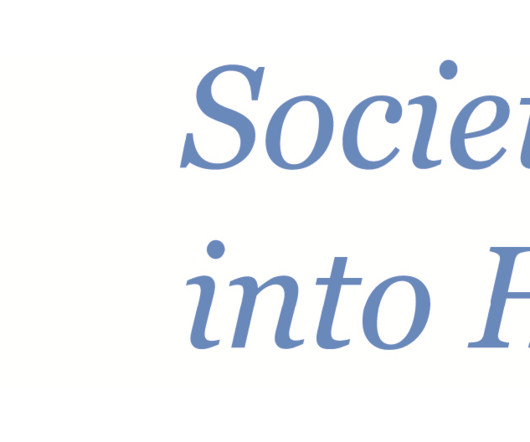SRHE News on Publishing: reports from April 2023
SRHE
MAY 2, 2023
Christos Petrou of Scholarly Intelligence blogged for The Scholarly Kitchen on 30 March 2023 about the recent delisting of 50 journals, its implications for publishers, including MDPI, Hindawi and Wiley (which recently acquired Hindawi), and the consequences of the ‘guest editor’ model which underpins the recent growth of MDPI and other journals.












Let's personalize your content